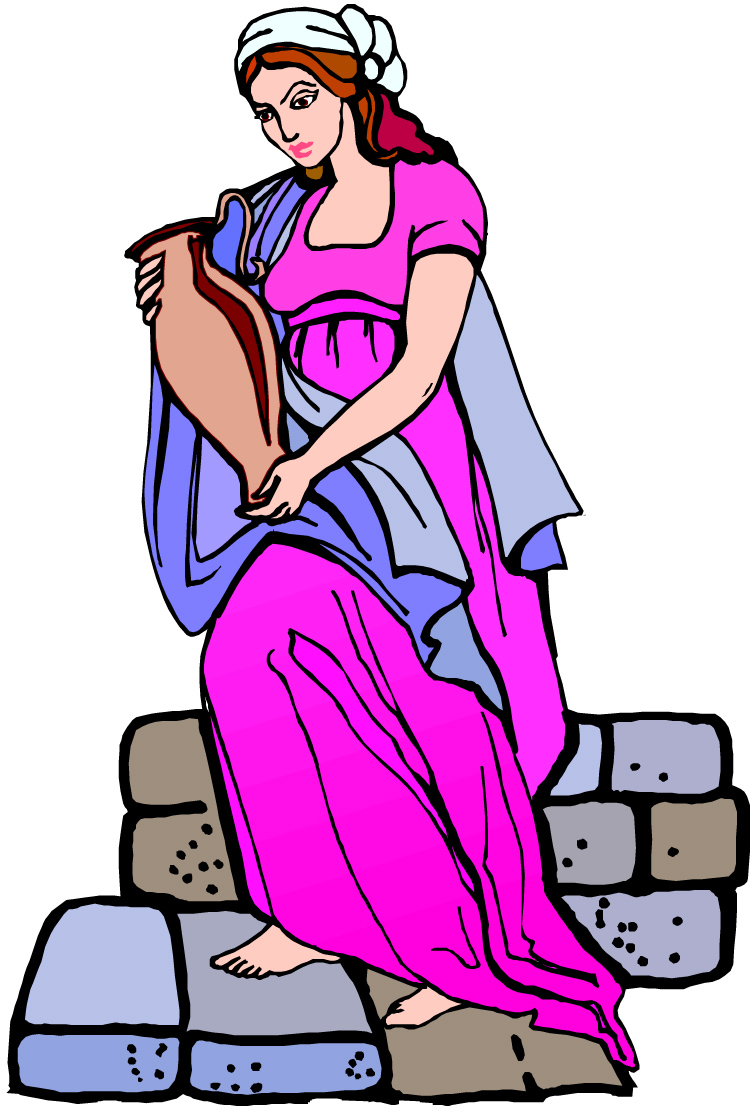Genesis 24:2, So Abraham said. In appointing Eliezer to find a wife for Isaac, Abraham was deputizing him to become the friend of the bridegroom, or the family representative in this important mission. (For more on this subject, see notes at John 3:29.)
Genesis 24:2, 9, Your hand under my thigh. (Heb. yarek; see also Gen 47:29) Abraham’s servant literally placed his hands on Abraham’s testicles swearing an oath on Abraham’s projected progeny, even as in modern times we place our hands on the Bible. Interestingly, the word testicle or teste derives from the Latin words testis meaning “testimony, testify and testament.” Yarek is the same word the KJV translates “hollow of his thigh” in Genesis 32:25 and 32, although, in this case, it seems to be referring to the tendon of the hip.
Genesis 24:4, Take a wife for my son Isaac. Some Bible students see in Abraham’s sending Eliezer his servant an allegory of our Heavenly Father choosing a bride for Yeshua, his Son with the help of the Set-Apart Spirit. The analogy goes like this: When speaking to Abraham, YHVH refers to Isaac as “your only son…whom you love” (Gen 22:2). In this statement, it’s hard to miss the similarity with the well-known John 3:16 passage where Yeshua refers to himself as the only begotten Son whom his Father in heaven loves. Isaac is an obvious prophetic picture of Yeshua in that Abraham sacrificed a ram in place of his only son whom he loved on the very spot where, one thousand years later, the Temple of Continue reading




